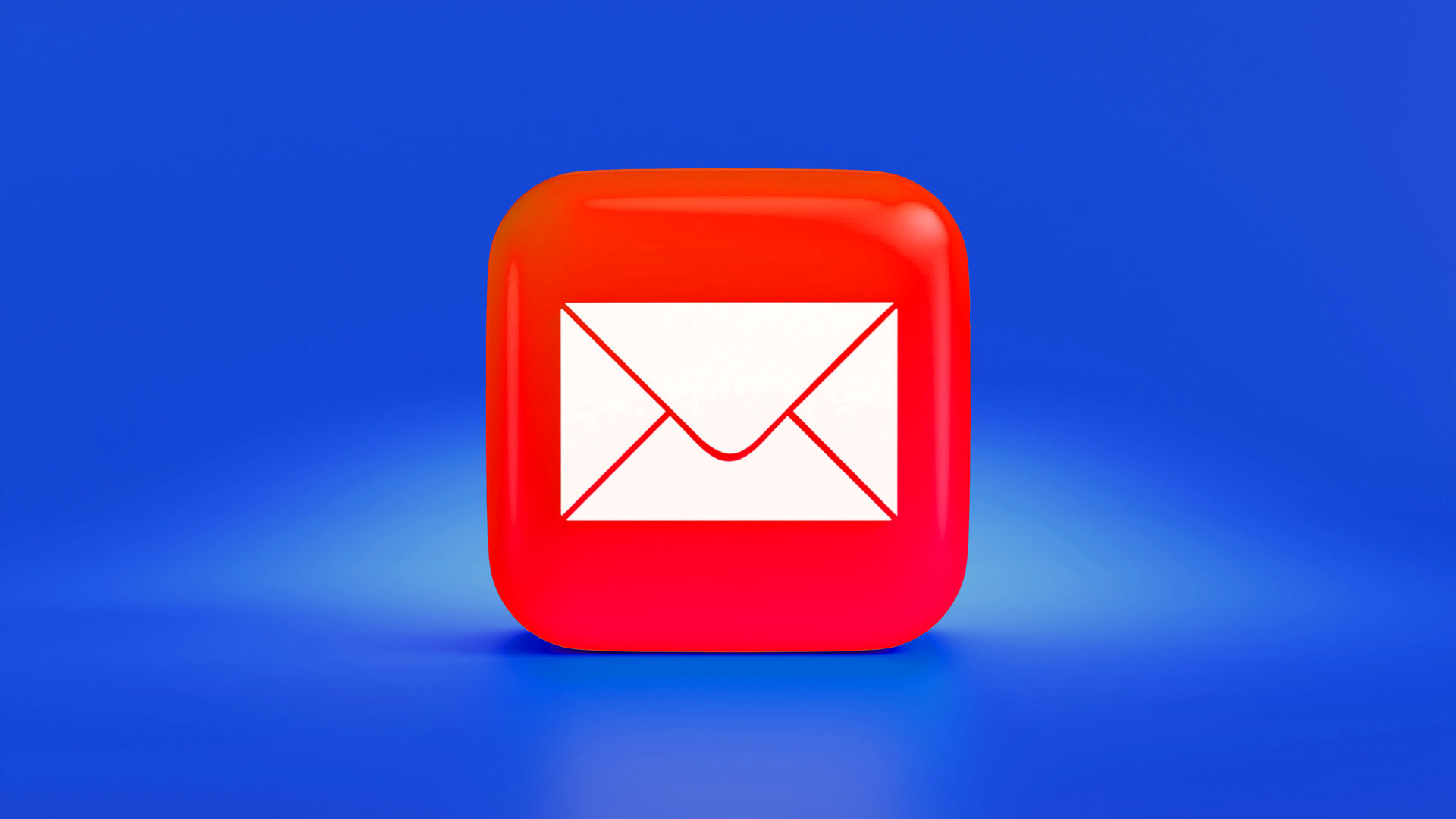Windows 7 support has ended. What this means is that if you’re still using it, you should probably stop using it. There will be no further bug fixes, feature updates or most importantly, security updates.
In this post we’ll be going over some of the options you have, including:
* Upgrade to Windows 10.
* Keep using your Windows 7 computer as-is and risk a malware infection.
* How to stay secure on any system
LinusTechTips also has a great video from 03/2019 on what will happen after Jan 14th 2020, you may wish to check it out.
Upgrade to Windows 10
For many people reading this, this is your best option.
Upgrading to Windows 10 is the only option that guarantees you can keep using all of the latest software and while remaining secure.
There are still some choices you can make of which version and edition of Windows you want. Windows 10 has various editions, including Home, Pro, Education, and Enterprise. Enterprise gives you the most control over your system, while Home gives you the least control over it, and Pro is somewhere in-between. Enterprise is not typically available to consumers; you must go through a business. Education has the same feature set as Enterprise, but it is licensed for schools.
You can very likely upgrade your Windows 7 or 8/8.1 installation for free. If the free upgrade doesn’t work, you will need to pay for a new license. The Pro/Enterprise version(s) are preferable to the Home version as this will grant you access to your company’s domain and other business features.
Aside from installing and activating manually, you could also buy a new computer that comes with Windows 10 preinstalled. If your computer is more than 4 years old, we would typically recommend upgrading to a new computer.
Microsoft provides an official way to download Windows 10 here.
Keep using your Windows 7 computer as-is
This is a terrible option, since it’s very insecure to do this. This option maybe isn’t too bad if you don’t have any sensitive data whatsoever on your machine. This includes things like saved passwords on your browser, payment information saved on websites or within accounts you hold. Also, if you’re working in a business environment you will likely have access to a server which holds company data. It’s an option worth mentioning, but this is not recommended.
How to stay secure on any system
No matter what you choose, there are plenty of ways to stay secure online.
Blocking ads is important if you want to block Malware, as a lot of malware comes from clicking on ads. Pi-hole is probably the easiest way to set this up, Pi-Hole is a DNS server that you can use to block certain web addresses on your network. There are also ad blocker browser extensions that can do this per computer/user.
Having a good antivirus software is very important in stopping malware. We provide an antivirus solution and we install this during a computer setup, or when we install our Agent on to a computer.
MalwareBytes is another good Anti Malware software, this can be downloaded for free here.
Conclusion
You should do something to stay secure. Whether you switch to a newer version of Windows, switch to a Linux distro such as Ubuntu, switch to a Mac, unplug your computer from the Internet, or throw it away, they all result in you staying more secure than if you continue to use your computer as-is on Windows 7.
Are you in need of IT Support?
Itek provides IT solutions for your entire IT infrastructure. Your business can experience a cost-effective service at a predictable fixed rate, removing the burden from you and your team and freeing you to focus on your goals.


